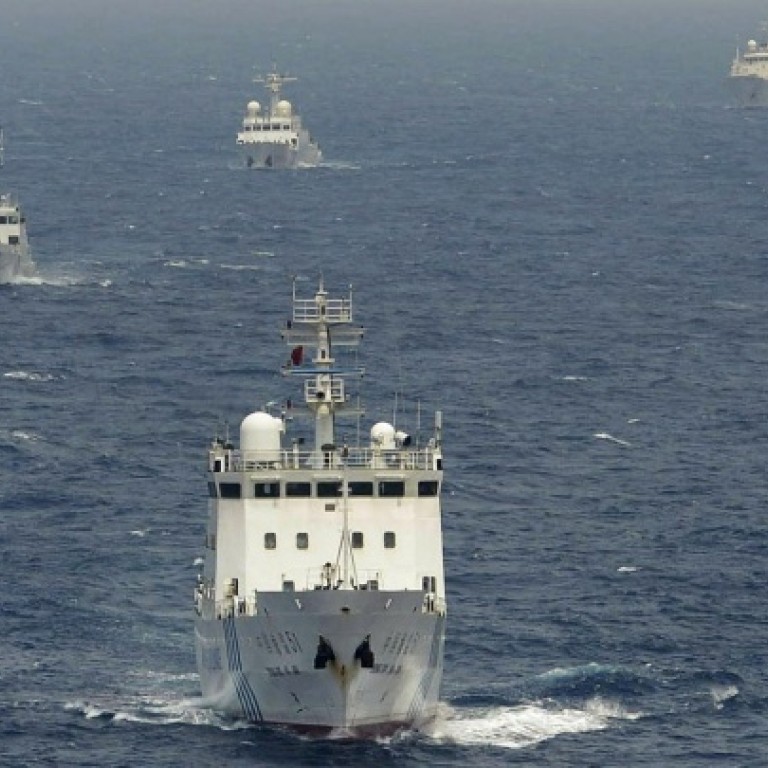
PLA review warns 'strategic uncertainties' loom large for China
Rising competition among major powers in the Asia-Pacific region poses biggest challenge since collapse of communist bloc in 1990s, report says
A PLA think tank yesterday issued a report warning that the nation faces increasing "strategic pressure" for the first time since the 1990s collapse of the communist bloc, with the Asia-Pacific region now a "new global centre" for "geopolitical, economic and military competition".
Released by the Centre for National Defence Policy (CNDP), a part of the PLA's Academy of Military Sciences, says that "big powers have intensified their gaming for regional dominance".
According to Xinhua, the review states: "Amid strategic competition among the big powers, the fierce oceanic competition and frequent regional conflicts, the complexity, sensitivity and uncertainty of China's security environment loom large."
The review also notes that, as the US has accelerated the eastward shift of its strategic focus, competition for maritime rights among the region's members will become fiercer.
Territorial disputes between China and its neighbours have escalated in recent years, with relations between Beijing and Tokyo damaged by their claims to the Diaoyus, the East China Sea archipelago known to Japan as the Senkakus. Disputes between China and several Southeast Asian countries in the South China Sea have also soared.
Commenting on the review, Yue Gang, a retired PLA colonel, said China faced major "strategic pressure" as it had become the largest communist state since the end of the cold war.
"But that was a confrontation over ideology, this time it is about territorial dispute," said Yue. "Any compromise in these disputes will trigger a wave of nationalist movements in the relevant countries."
The review says the stand-off between Beijing and Tokyo over the Diaoyus will last for a long time and feature repeated cycles of retaliatory actions between the two sides.
China News Service quotes the review as warning that Japanese fighter jets' close approach to Chinese civilian patrol flights will extend the stand-off from the sea to air space - and that the risk of armed clashes will rise.
In the South China Sea, the review says, the nature of the disputes among regional players has evolved from asserting competing maritime rights to developing maritime strategies. It acknowledges that some countries are becoming anxious and that the disputes need to be managed to avoid escalating into crises.
However, Ni Lexiong , director of the Sea Power and Defence Policy Research Institute at Shanghai University of Political Science and Law, said any severe military confrontation between China and Japan was unlikely.
In the South China Sea, Ni said, the issue was more sensitive, as China's expansion in this region amid the country's economic and military advances had irked the United States.
"The United States has resorted to containing China by forging ties with China's neighbours, making the dispute more complicated," Ni said.

